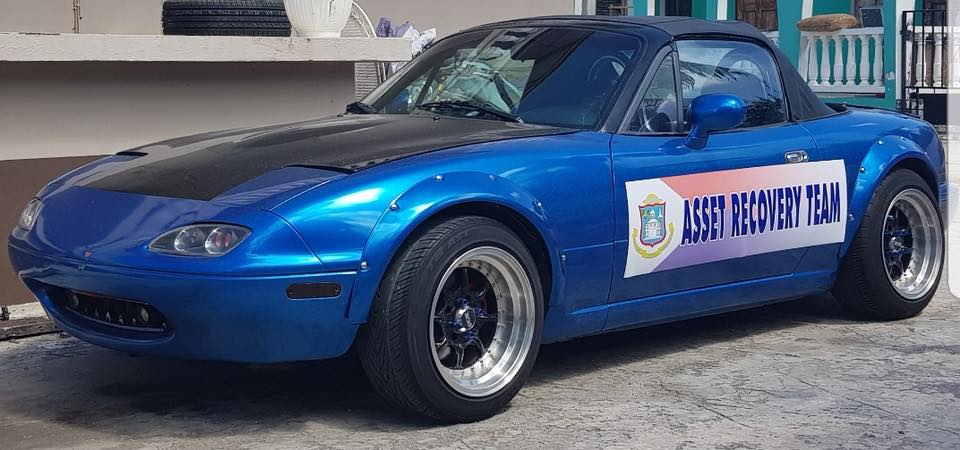The fight against organized crime is not very effective

PHILIPSBURG — How effective is the fight against undermining and organized international crime? That is a legitimate question, not only in St. Maarten but also in the Netherlands, it appears from an article on the news site of broadcaster NOS. In the Netherlands the fight is expensive, but it St. Maarten it is a lot cheaper.
 St. Maarten has the Detective Cooperation Team (RST) and the TBO (Team Bestrijding Ondermijning) that ceased to exist at the end of 2021. Its successor is called Sustainable Undermining Approach Caribbean (Duurzame Ondermijningsbestrijding Cariben), with DOC as its Dutch acronym. Starting in 2025, the total annual budget will be around $26 million.
St. Maarten has the Detective Cooperation Team (RST) and the TBO (Team Bestrijding Ondermijning) that ceased to exist at the end of 2021. Its successor is called Sustainable Undermining Approach Caribbean (Duurzame Ondermijningsbestrijding Cariben), with DOC as its Dutch acronym. Starting in 2025, the total annual budget will be around $26 million.
In the Netherlands, the government spends half a billion euro a year on the fight against undermining criminality. According to experts the NOS-article refers to, the term undermining is so broad that it stands in the way of an effective approach.
Putting this in perspective, we see that the Dutch (with around 17 million inhabitants) spend per capita €29.4 million on the fight against undermining criminality. In the Caribbean the population of the six islands totals around 327,000, so the 2025 budget of $26 million represents an average of $79.50 per capita, a sliver of what the Dutch spend at home on the same problem. The near parity of the euro with the dollar makes these numbers comparable.
The policy report that announced the end of the TBO and birth of DOC claims that in the Caribbean the TBO has brought to light the criminal involvement of politicians, civil servants, major government-owned companies, the collective sector and private enterprises in activities like corruption, tax fraud, forgery, fraud and embezzlement.
That sounds like a success story, but experts in the Netherlands offer a different perspective. According to professor of criminology Emile Kolthoff “there are countless reports and researches that show that the fight against organized crime is much less effective that the policy makers want you to believe.”
This does not mean that the efforts are completely without results. Kolthoff mentions improvements in the southern province of Brabant. “There they have detected, arrested and confiscated substantially more. Motor clubs have moved to Belgium and drug-labs appear more often above the large rivers.”
Hacking of criminal messaging services is also a success, Kolthoff concedes. “This brought a lot of information to light and it has resulted in many arrests and convictions. But every successful action is followed by a reaction from the criminal world to prevent eavesdropping by the police. It has become some sort of armaments race.”
Last year, investigators confiscated 70,000 kilos of cocaine in the port of Rotterdam. A record.
But according to Bob Hoogenboom, a professor in forensic business studies there is too much emphasis on such statistics.
“In spite of a decades-long war on drugs the use of illegal drugs has been normalized among a part of the population. Law enforcement only gives account in a Jip and Janneke kind of way, namely in terms of the number of arrests, the kilos of confiscated drugs and the amount of confiscated money.”
###
Related article: ‘Aanpak ondermijning minder effectief dan bestuurders doen voorkomen’























